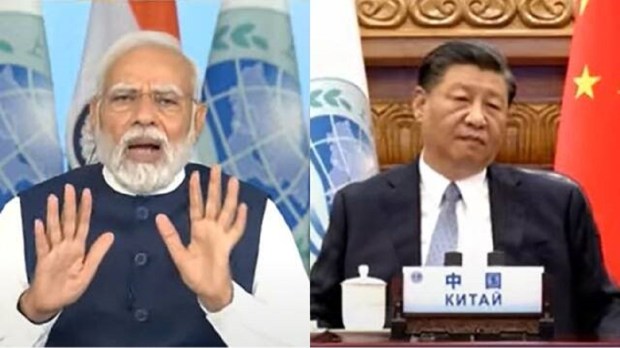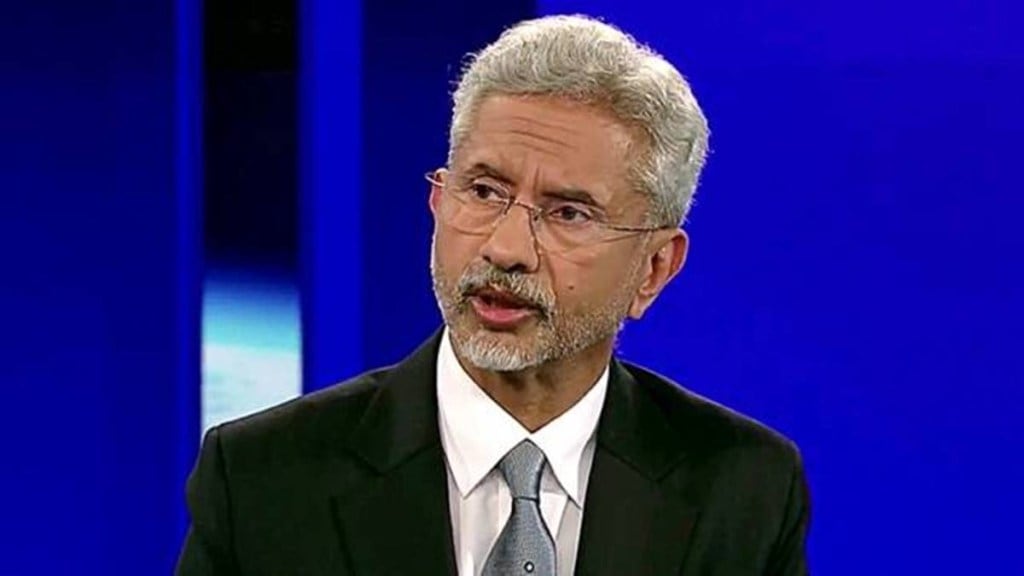India said no to China’s Belt and Road Initiative at the SCO summit. India continued its policies towards BRI which are largely seen as the mechanism for economic trade expansions based on clumsy and hideous terms of financial transactions.
India is the sole country to withhold endorsement of the BRI during the summit.
So far, several countries have decried the non-transparent financial terms and conditions of the BRI which often led to heavy debt and economic woes.
There are multiple reports which point out a dozen countries severely indebted to China including Pakistan, Kenya, Laos, Mongolia and Zambia. For all their heavy debt, the common factor is the BRI-led financing for large-scale infrastructure projects which are often found to be unsustainable.

At the Shanghai Cooperation Organisation (SCO) leaders’ summit, under the New Delhi declaration issued, India refused to sign the paragraph supporting the Belt and Roads Initiative (BRI).
In fact, India followed the same dictate which was used in the Samarkand declaration in 2022 when India refused to sign off on the paragraph.
EAM S Jaishankar against debt-laden BRI
India has been consistent in not supporting China’s Belt and Road Initiative (BRI). That is reflected during the SCO summit where External Affairs Minister S Jaishankar continued his stance on the BRI.
In fact, closer to the summit, S Jaishankar described China as an important neighbouring country to India while continue reminding Chinese leadership that “the state of the border will determine the state of the relationship. And the state of the border today is still abnormal.”
Without India, the BRI paragraph in the New Delhi declaration of 2023 reads, “Reaffirming their support for China’s “Belt and Road Initiative” (BRI) initiative, the Republic of Kazakhstan, Kyrgyz Republic, Islamic Republic of Pakistan, Russian Federation.
India’s strong case against the BRI is also based on the China-Pakistan Economic Corridor (CPEC), which passes through Pakistan-occupied Kashmir (PoK). India calls it a grave violation of its territorial integrity which was well embedded within Indian territory throughout its history.
Further, at the global scale, the financing under BRI has led to severe debt- crisis among many participating countries which include Pakistan leading the pack with $ 77.3 billion in debt followed by Angola ($ 36.3 billion), Kenya ($ 7.4 billion), Ethiopia ($ 7.9 billion), and Sri Lanka ($ 7 billion).
For example, Zambia and Sri Lanka which allowed multiple sustainable projects financed under the BRI, defaulted on their debt obligations.
In fact, taking a similar stance, the Quad group of India, the US, Australia and Japan during the G7 summit in Japan endorsed the long-standing Indian perspective that the Quad would support access to infrastructure investment that does not impose “unsustainable debt burdens”.

